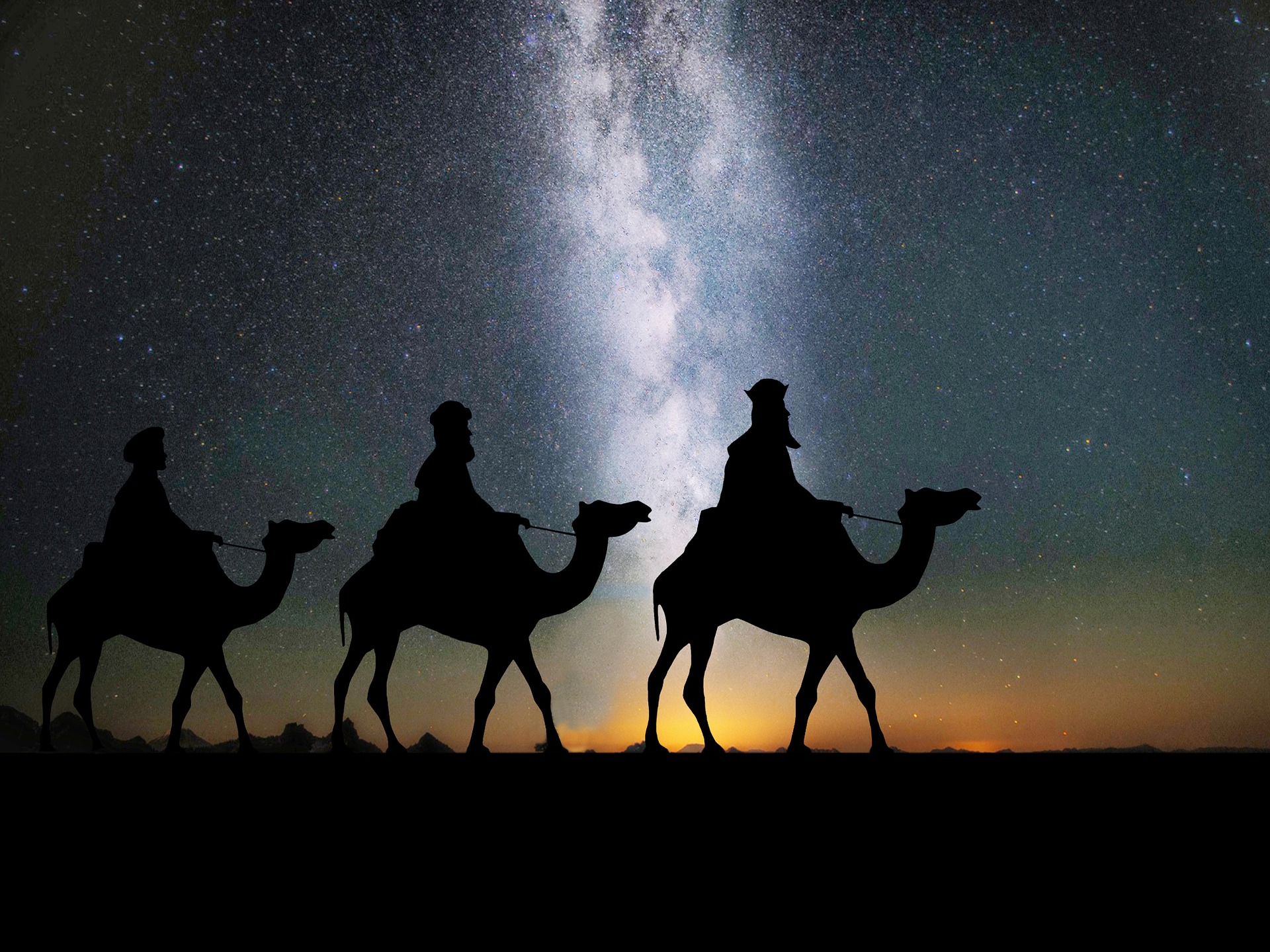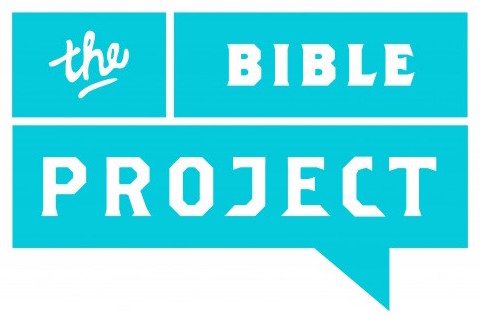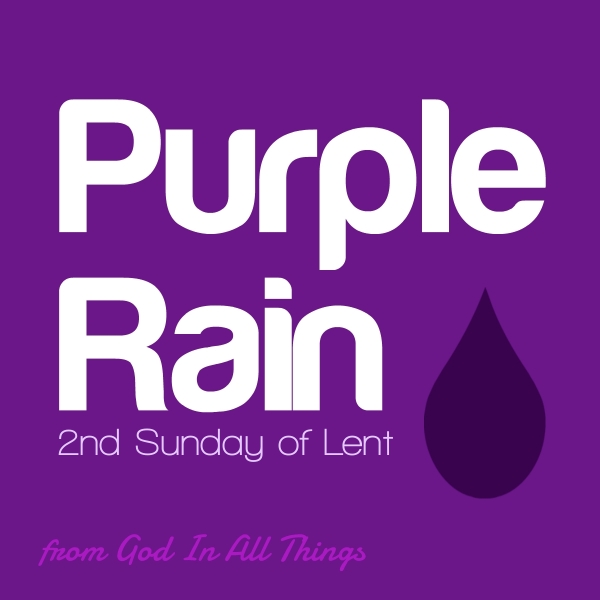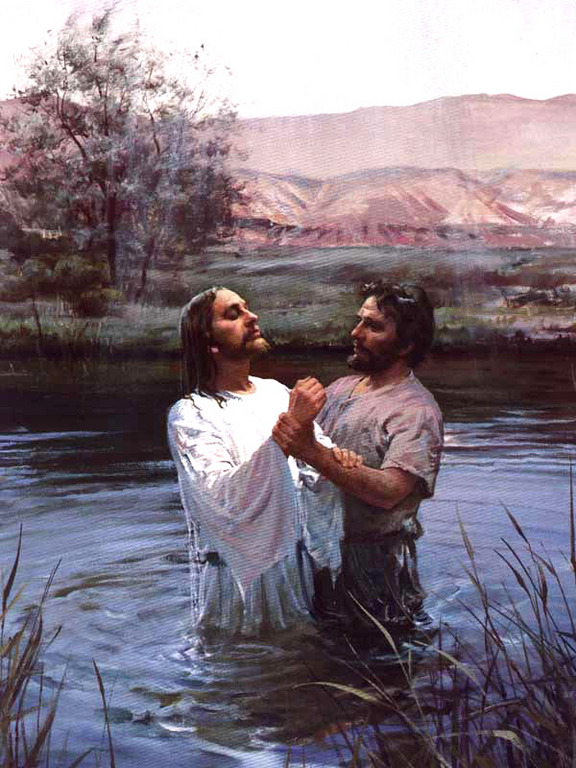 Reading: Isaiah 42:1-4, 6-7
Reading: Isaiah 42:1-4, 6-7
This coming Sunday marks the end of the Christmas season with the Baptism of the Lord (Yes, there’s actually one more week left of Christmas). Christ’s baptism marks the beginning of his public ministry, and a very public acknowledgement of God the Father’s confirmation of this. The lectionary offers a beautiful reading from Isaiah 42 that reveals this great trust God had in Jesus. It also foreshadows Jesus’ ministry and calls us similarly.
Isaiah prophesies the one to come, the Messiah. This is the one Christians have come to receive at Christmas and are still celebrating. And God rubber stamps this incarnation. Jesus’ 30 years were of discernment, preparation, and time for Jesus to learn the faith, grow into his vocation, and be ready to go out to the world and “bring justice to the nations,” as Isaiah says. Jesus’ growth is not too unlike our own. From birth through schooling, we learn about our gifts, the world, and how we can affect it. Some twist their talents and use them for evil. Jesus gives us an example of using his gifts for good. He was not about bringing justice to his local town only, but to the whole world. And in his short three years of public ministry he surely couldn’t reach the whole world. That’s why his mission has continued thousands of years later. We become disciples of Christ to dole out a justice of love and charity.
But how does he do it?
… not crying out, not shouting, not making his voice heard in the street. (Isaiah 42:2)
Jesus does not do it with trumpets sounding before him or shouting or mayhem. He does it slowly, changing hearts, going about transformation in a way that does not involve political power, and it begins with humbly being baptised. The people of Israel may be in doubt, their flames burning low. But the Christ does not wish to extinguish this light (“a smoldering wick he shall not quench”). Transformation will take time but, as Isaiah says, “the coastlands will wait for his teachings.”
The word of God, while referring to the messiah, seemingly speaks to us:
I have grasped you by the hand;
I formed you, and set you
as a covenant of the people,
a light for the nations,
to open the eyes of the blind,
to bring out prisoners from confinement,
and from the dungeon, those who live in darkness.
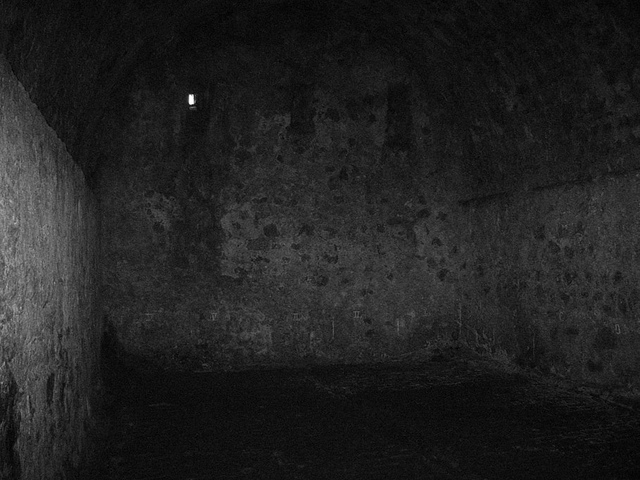 Our Call
Our Call
Such an exhortation reminds us that the incarnation of Christmas continues into “ordinary” time, that the God who formed us set us to be a people of light, to heal and speak truth, to set free from those in the dungeon of darkness and despair. Sadly, too many of our sisters and brothers are in dungeon-like places, cold, dark, frightening. For them the dungeon can be torture without there seeming to be any escape. Imagine the relief felt when someone comes to set free and release the prisoners from confinement. This Isaiah passage is all about the importance of light, something not accessible to the blind or those in dungeons.
We are called to many of the same things the Christ is called to. Can we do it? We do it each in our own ways. But first, God comes to set us free from the dungeons of our life, telling us that “there are greater things than these.”
Related Posts:
Listen to an audio version of this post…
Music by Kevin MacLeod


